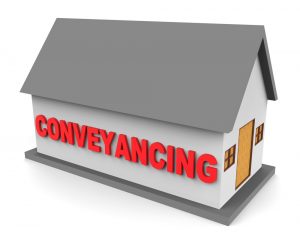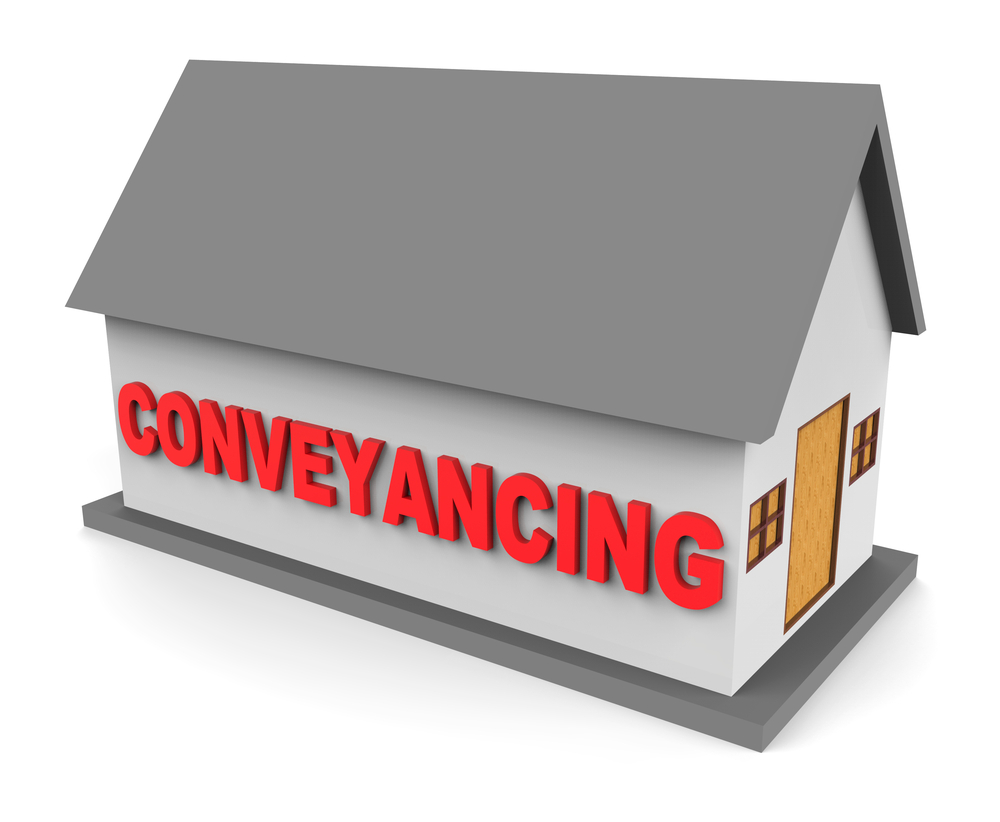The Council for Licensed Conveyancers (CLC) encourages home movers to shop around to find the conveyancer that is best suited to their situation and needs. In this article it provides some sensible advice on choosing your conveyancer
The Council for Licensed Conveyancers (CLC) encourages home movers to shop around to find the conveyancer that is best suited to their situation and needs. It provides some sensible advice on choosing your conveyancer
 Consumers will generally assume that the lawyer they choose to handle their conveyancing is qualified to handle the actual work. So, they tend instead, to focus on other elements, such as price and service, when deciding who to use.
Consumers will generally assume that the lawyer they choose to handle their conveyancing is qualified to handle the actual work. So, they tend instead, to focus on other elements, such as price and service, when deciding who to use.
A recent report by the Competition and Markets Authority (CMA) found that many consumers find shopping around difficult. It called on all the regulators of lawyers to improve transparency in the market, in other words, make the conveyancing process clearer. The aim is to help consumers compare what lawyers offer much more easily.
Price is an obvious starting point, although there is plenty of research to suggest that only a minority of consumers choose the cheapest lawyer they can find. Plus, it is only a small percentage of firms who advertise any prices for conveyancing services.
Home movers want a good experience
It is not a huge surprise that price is not the determining factor for conveyancing clients – in the great scheme of a property purchase, the amount spent on lawyers is a very small proportion of the whole. What home movers really want is a speedy, safe, hassle-free experience.
Price is nonetheless important, of course, and at the CLC we are working to agree a standard format for price estimates for conveyancing work. This will ensure that consumers are comparing like with like when choosing their lawyer.
Demonstrating quality of service is harder. In financial services, for example, consumers can see the number of complaints made against providers. However, the numbers in legal services are too low to be meaningful – the Legal Ombudsman, which adjudicates when lawyers cannot settle a complaint by a client, handles around 7,000 cases a year, of which only about 20 are against the lawyers we regulate. And not all of those are upheld either.
Recommendations
So, what might be meaningful? We are now exploring approaches such as star ratings, with which most are familiar. This could be alongside lawyers publishing client feedback either on their own websites, or via comparison websites. When asked by the CMA, most consumers said they regularly drew on customer reviews of products and services when assessing quality.
Of course, as with any purchase, you should do your homework, whether that is online, talking to family and friends or getting a recommendation from an estate agent. Although do be aware that estate agents may be paid by a conveyancer for making a referral, which they must tell you about.
Be aware of fraud
It’s important to appoint a conveyancer you have confidence in. You should also ensure your conveyancer is regulated by the CLC, or the Solicitors Regulation Authority; you can find a CLC regulated property lawyer here. Do also look out for how fraud-aware your conveyancer is, in recent years conveyancers have become the target of fraudsters, leaving some homebuyers out of pocket.
Secure badge on website
It is compulsory for CLC licensed conveyancers to display a secure badge on their website which helps consumers to identify genuine firms and significantly reduces the risk of impersonation online through cloned or copied websites. The secure badge, which is created through a unique piece of code, allows consumers to identify that a firm is genuine.
The process of buying a home can be exciting and stressful in equal measure. The legal market is adapting to ensure consumers can find the best help they can and we at the CLC are determined to lead the drive for transparency and to improve the home buying and selling process overall.
Consumers should feel confidence in shopping around to find the conveyancer who will best suit their needs.
The Council for Licensed Conveyancers is the Specialist Property Law Regulator














